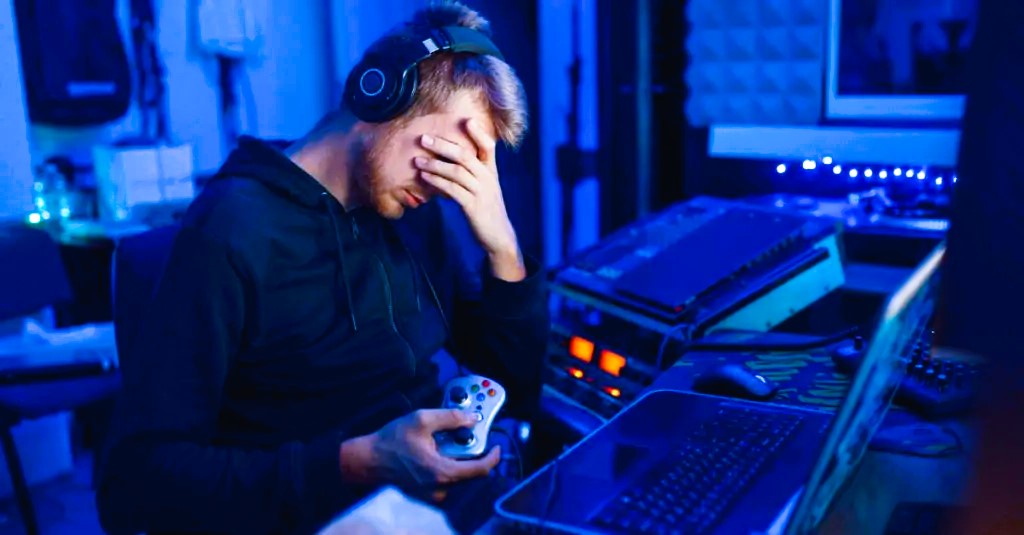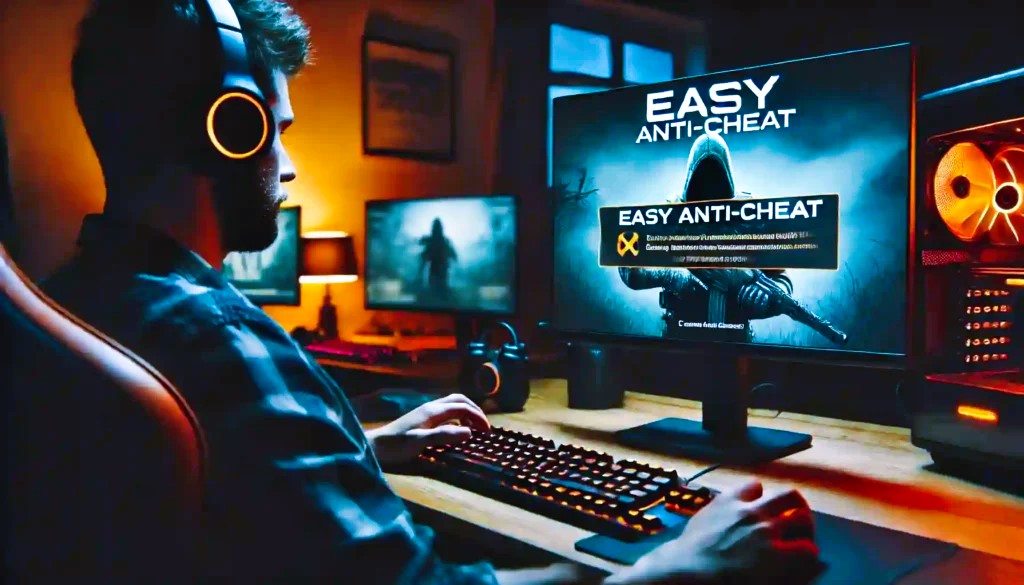The Impact of Cheats on Esports Integrity
Esports has evolved from a niche hobby to a global industry, with millions of viewers and participants. As esports tournaments become more competitive and lucrative, the integrity of the games and their results has become a matter of paramount importance. While esports celebrates skill, teamwork, and strategy, the rising issue of cheating threatens to undermine the fairness of these competitions. In this article, we will explore the impact of cheats on esports integrity, the efforts being made to combat cheating, and the potential long-term effects on the esports ecosystem.
The Growth of Esports
Esports, or competitive video gaming, has become a billion-dollar industry, attracting a diverse audience that spans the globe. Esports tournaments feature popular games such as League of Legends, Dota 2, Counter-Strike: Global Offensive, Overwatch, and Fortnite, among others. These events often have large prize pools, sometimes reaching millions of dollars, and are broadcast to audiences worldwide through streaming platforms such as Twitch and YouTube.
The competitive nature of esports, coupled with its growing popularity, has led to a higher emphasis on skill, strategy, and fair play. Tournaments are often held in professional arenas, with teams and players under the scrutiny of millions of fans. As the stakes have risen, so too have the temptations to cheat, whether through illicit software, performance-enhancing tools, or other means. In response, esports organizations, developers, and anti-cheat companies have worked tirelessly to protect the integrity of the competitions.
Common Cheats in Esports
Cheating in esports can take many forms, ranging from the use of aimbots and wallhacks to exploiting game bugs or even paying off officials. These cheats are not only a violation of the rules but also an affront to the competitive spirit of esports. Some of the most common forms of cheating in esports include:
- Aimbots: Aimbots are software tools that automatically aim at enemies, often allowing players to achieve perfect accuracy. In first-person shooter (FPS) games like Counter-Strike or Call of Duty, aimbots give players an unfair advantage by eliminating the need for aiming skills.
- Wallhacks: Wallhacks are cheats that allow players to see through walls, giving them an unfair advantage by enabling them to track enemies’ movements, locations, and strategies. In games like CS:GO and Rainbow Six Siege, wallhacks create an enormous imbalance in gameplay and give cheaters a tactical edge.
- Speed Hacks: Speed hacks allow players to move faster than intended, which can be especially disruptive in games that require precise movement or timing. These cheats are often used to outmaneuver opponents or complete objectives quicker than is possible in the normal course of play.
- Macro Exploits: Macros are automated keypresses that allow players to perform complex actions with a single button press. In games that rely on precise input, such as League of Legends or World of Warcraft, macro exploits can give players an unfair advantage by executing actions more quickly or efficiently than human players can.
- Match Fixing: In some cases, players may engage in match-fixing, where they deliberately manipulate the outcome of a match for financial gain, personal benefit, or to affect tournament rankings. This form of cheating undermines the fundamental integrity of esports, as the outcome of the competition is no longer determined by skill and performance.
- Smurfing: Smurfing occurs when highly skilled players intentionally lower their rank by playing on lower-level accounts. This allows them to dominate lower-level players and win matches with minimal effort, often resulting in an unfair and frustrating experience for others.
The Impact on Esports Integrity
The use of cheats in esports has a profound impact on the integrity of the competitive scene. As cheating becomes more sophisticated, it erodes the trust between players, fans, and organizers. The consequences of cheating extend far beyond the immediate match, as it can affect the entire esports ecosystem, from player reputations to sponsorships and the long-term viability of the industry.
- Undermining Fair Competition: At the core of esports is the belief that success should be determined by skill, strategy, and teamwork. Cheating, however, undermines this core principle by giving players an unfair advantage that they have not earned. This creates a distorted competitive environment where skill and dedication are no longer the primary factors in determining success. When players or teams use cheats to win, it diminishes the value of competition and makes the outcomes of matches less meaningful.
- Damaging Player Reputation: For professional esports players, reputation is everything. The use of cheats not only tarnishes the reputation of individual players but also the teams they represent. A scandal involving cheating can lead to long-term damage to a player’s career, as fans, sponsors, and tournament organizers lose trust in their integrity. In some cases, players caught cheating are banned from tournaments, leading to the loss of sponsorships, prize money, and opportunities for future competitions.
- Financial Consequences: Cheating has direct financial implications for players, teams, and organizations. Prize money, sponsorship deals, and streaming revenue are all on the line in esports competitions. If a player or team is caught cheating, they risk losing these valuable financial opportunities. For the organizations involved, dealing with the fallout of cheating scandals can be costly, both in terms of legal fees and public relations efforts. Additionally, if cheating becomes widespread, it may deter sponsors and investors from supporting the esports scene altogether, limiting its growth potential.
- Fan Trust and Engagement: Fans are the lifeblood of esports, providing not only viewership but also support for their favorite teams and players. When cheating incidents occur, it can severely damage fan trust. Fans want to believe that the competition is fair and that the best players are winning based on their skills and performance. If fans begin to feel that cheating is rampant and unchecked, they may lose interest in the competitions, leading to decreased viewership, lower engagement, and a decline in the esports scene’s overall popularity. Did you like the article? Read also about Shadow Bans Explained.
- Reputation of Esports as a Legitimate Sport: Esports has worked hard to gain recognition as a legitimate form of competition, comparable to traditional sports. The rise of major tournaments, professional leagues, and international competitions has put esports on the map. However, cheating scandals can threaten this legitimacy. If the public perceives esports as being rife with dishonesty and unfair practices, it may struggle to establish itself as a respected, mainstream sport. This is particularly important as esports continues to vie for a place in the Olympic Games and other high-profile events.
Anti-Cheat Efforts in Esports
In response to the growing issue of cheating, developers and tournament organizers have implemented a variety of anti-cheat measures. These measures are designed to detect and prevent cheating in real-time, ensuring that matches remain fair and that cheaters are punished appropriately. Some of the most effective anti-cheat systems include:
- Dedicated Anti-Cheat Software: Companies like Valve, Riot Games, and Epic Games have developed proprietary anti-cheat systems for their games. For example, VAC (Valve Anti-Cheat) is used in Counter-Strike and other Valve games, while Riot Games employs Vanguard to detect cheats in Valorant. These systems are designed to detect a wide range of cheats, from aimbots to wallhacks, and issue bans to offenders.
- Real-Time Monitoring and Reporting: Many esports tournaments use real-time monitoring and reporting tools to track player behavior during competitions. This allows organizers to identify potential cheaters and investigate suspicious activity quickly. Some events also rely on player reporting systems, where players can flag suspicious behavior, leading to further investigation and potential punishment.
- Proactive Rule Enforcement: Esports organizations have become more proactive in enforcing rules and punishing cheaters. Players and teams found guilty of cheating can face bans, fines, and even lifetime exclusions from tournaments. Additionally, esports federations have begun to adopt more stringent policies regarding match-fixing, smurfing, and other forms of unfair play.
- Education and Awareness: Many developers and esports organizations are also working to educate players about the importance of fair play and the consequences of cheating. This includes outreach programs, public service announcements, and partnerships with anti-cheat advocacy groups. By fostering a culture of integrity, esports aims to reduce the prevalence of cheating and create a more ethical competitive environment.
The integrity of esports is crucial to its long-term success. Cheating not only undermines the spirit of fair competition but also damages player reputations, fan trust, and the financial viability of the industry. While cheating will likely never be fully eliminated, continued investment in anti-cheat technology, rule enforcement, and education will help maintain the integrity of the esports scene. By creating a fair, competitive environment, esports can continue to grow and establish itself as a legitimate and respected form of global competition.
For more information on the rise of esports and the efforts to maintain its integrity, you can visit the Wikipedia page for esports.


